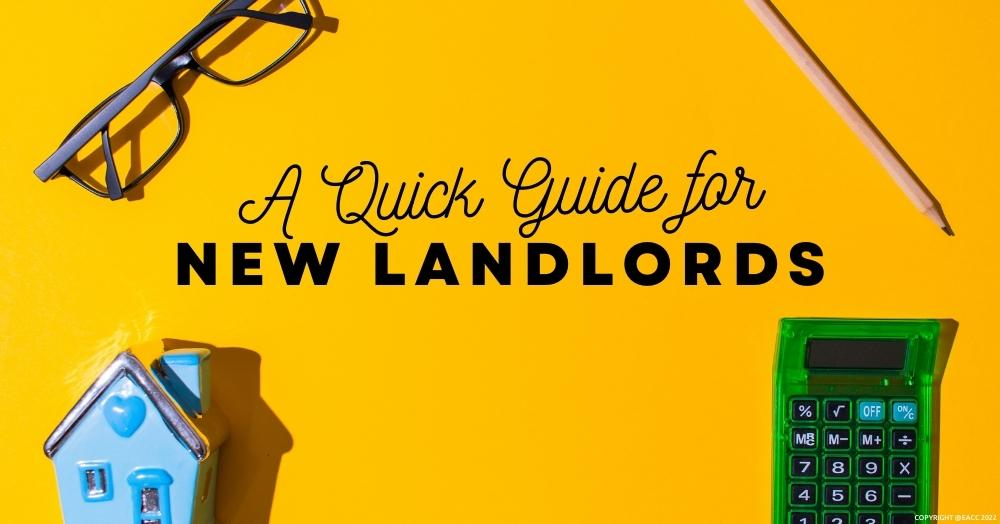Being a first-time landlord can feel daunting. There’s a lot to do before you can get your property rented out – such as repairs, legal obligations, admin, tenant-finding, contract signing, and so on. But don't fret, in this three-minute read, we discuss some of the essential steps you need to take before renting out your property.
1) Contact a local agent
Before you market your property, you’ll want to know how much rent you can get. While it’s handy to check similar properties in the area on Rightmove or other sites, the most accurate estimate will come from an agent. They’ll tell you how much you can get per month, advise on how to make the property more tenant-friendly, and to who it may appeal.
2) Check with your lender
Most landlords take advantage of buy-to-let mortgages when renting out properties. If you’re buying a property with the specific aim of renting it out, speak to a mortgage broker to get the best terms. However, if you’re only renting out a property on a temporary basis and plan to move back in, you may be able to continue with a normal residential mortgage. You will need to get ‘consent to let from your lender. Don’t move tenants in without speaking to your lender first.
3) Prepare your property
Whether it needs a coat of paint or full renovation, you want a rental property to look fresh and clean to attract tenants. Keep the décor neutral and the rooms clutter-free. If you’re renting out a furnished property, make sure the furniture is in good condition. Most importantly, ensure all gas and electrical appliances are safely installed. Small electrical appliances need to be PAT tested if you’re leaving them in the property. You will also need to supply an Energy Performance Certificate.
4) Health and safety
You have legal obligations to keep your tenants safe. These include:
- Installing and testing smoke alarms and carbon monoxide detectors
- Annual gas safety certificate
- Following fire regulations for your property (this is very important for flats or houses that have been converted into flats)
- Check your property for potential hazards, such as uneven stairs, broken windows, fire risks, and so on
- Speak to a letting agent to make sure you’ve covered all the legal requirements before renting your property
5) Insurance
As a landlord, you’re responsible for maintaining the property and taking care of any repairs. Buildings insurance is essential to protect you and your finances. You may also find landlord insurance useful. If you’re a first-time landlord, get in touch with the MECS lettings team. We can find you tenants and take care of matters such as references, credit checks, and the tenancy deposit protection scheme.
300522


